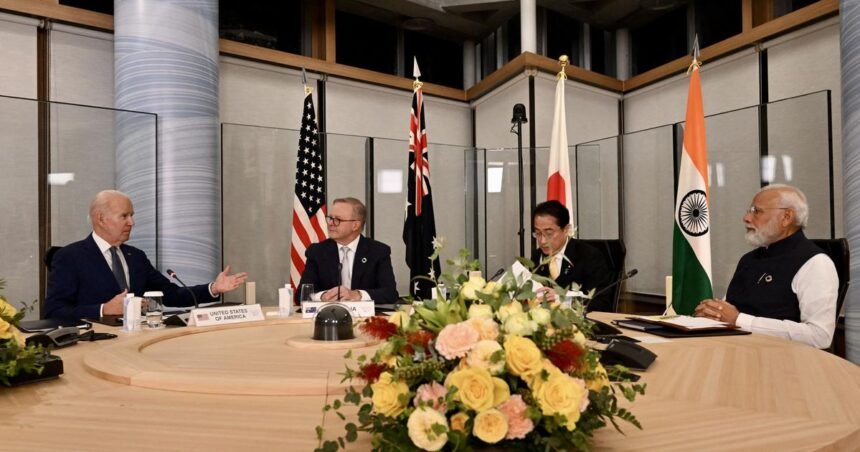During a G7 Working Session in Hiroshima, Prime Minister Narendra Modi expressed his perspective on the current situation in Ukraine, emphasizing that it is an issue of humanity and human values rather than politics or the economy. He urged the international community to respect the international law, sovereignty, and territorial integrity of all nations while calling for a collective voice against unilateral attempts to change the status quo. PM Modi underscored the importance of resolving tensions and disputes through peaceful dialogue.
Referring to his recent talks with Ukrainian President Volodymyr Zelensky, PM Modi reiterated India’s commitment to doing whatever is possible to help resolve the conflict. He acknowledged President Zelensky’s address to the G7 leaders, in which he sought global support to defend Ukraine against Russian aggression. The ongoing war in Ukraine has been a focal point of the three-day G7 summit.
PM Modi also drew inspiration from the teachings of Buddha, stating that no problem in the modern age cannot find a solution in those teachings. He quoted Buddha’s teachings on pacifying enmity through affinity and emphasized the importance of moving forward together with everyone in this spirit.
The prime minister highlighted the necessity of respecting the UN Charter, international law, and the sovereignty and territorial integrity of all nations. He urged the G7 nations to unite against unilateral attempts to alter the status quo. PM Modi’s comments are significant in the context of India’s border tensions with China in eastern Ladakh and Russia’s invasion of Ukraine.
PM Modi stressed India’s belief in peaceful resolution and dialogue to address tensions and disputes while advocating for accepting legal solutions. He cited India’s own experience of peacefully resolving its land and maritime boundary dispute with Bangladesh.
Furthermore, PM Modi addressed the global challenges faced by developing countries, particularly the food, fuel, and fertilizer crisis. He emphasized that global peace, stability, and prosperity are shared objectives. He highlighted the interconnectedness of the world, explaining that tensions in one region affect all countries, with developing nations being most severely impacted due to their limited resources.
The prime minister concluded by reiterating the timeless wisdom offered by Buddha’s teachings, which he stated can provide solutions to the wars, unrest, and instability faced by the world today.
The G7, consisting of the United States, France, the United Kingdom, Italy, Germany, Canada, and Japan, represents the world’s wealthiest democracies. As the current G7 presidency, Japan invited India and seven other countries to participate in the summit. The inclusion of India in the discussions demonstrates the growing recognition of its global importance.
